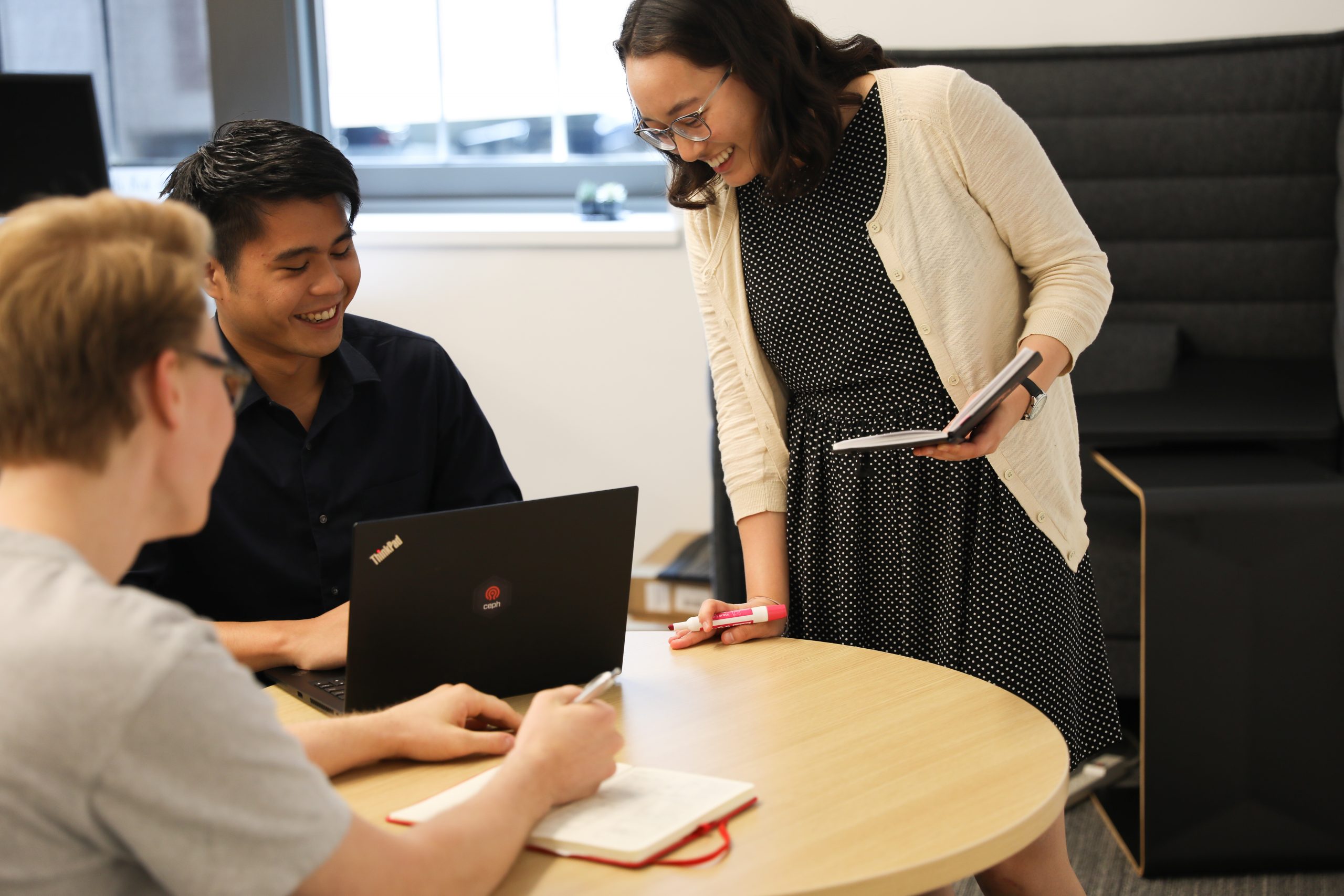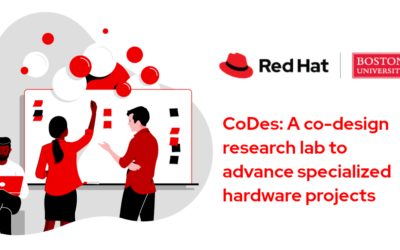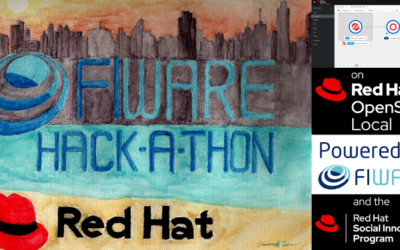Blog post by: John Baublitz
When choosing interns in the tech industry, we often discuss finding a qualified candidate, but less often ask ourselves about the responsibilities that we are taking on when we hire an intern. An internship is a great opportunity for a company to evaluate candidates in a time-limited job role, but it is also a chance for interns to learn, gain work experience, and evaluate that company as a potential future employer; this is an equally important part of the position.
I have both the perspective of having been an intern at Red Hat and having mentored interns. The following are my own observations about what I think helped me as an intern, and what I have learned about setting interns up for success as a mentor based on their feedback and my own personal growth.
1. Feedback That Encourages Success
What does enabling success actually mean? This is the primary responsibility of mentors, but the wording can be a bit vague. Enabling success can be broken down into two main categories:
- supporting new hires as they work to improve in areas where they might struggle,
- encouraging and reinforcing areas where they are doing well.
Both of these require you to know the general idea of a mentee’s needs. For example, some mentees might immediately start taking notes when they’re taking in new information and others might not. Because an internship presents so much new information, this is a crucial skill to have. The informal nature of certain discussions with mentees may not implicitly cue them to take notes.
Encouraging note taking, if they do so unprompted, or letting them know that this will help them retain information and giving examples from early on in your career of how that benefited you can set a tone of helping them to succeed. Regular feedback is crucial for growth, development, and continued engagement, both by encouraging unique things that someone has brought to the team, and by letting someone know how they may be able to accomplish their tasks more effectively. No feedback is far worse than constructive criticism.
2. Communicating With Empathy
While setting a mentee up for success is a relatively standard practice for managers or mentors of any kind, this does also require a certain amount of empathy and taking the perspective of your mentee. Mentors can emphasize a company’s commitment to diversity on an individual level. There has been a fair amount of research around retention of diverse candidates in recent years as well as diverse candidates speaking up about their experiences at companies that successfully prioritized diversity as well as companies that may have gone about it in a well-intentioned but misguided way.
An internship program can absolutely be an opportunity to strengthen company culture that empowers diverse voices. There has been one consistent thread in stories that I’ve heard about retaining diverse candidates: understanding as a mentor that your mentee may have concerns, life circumstances, or struggles that you will never fully understand. While interns are agreeing to work for the company, it is important not to forget that sometimes life has unexpected surprises. They may be in school, they may have a family emergency, or they may simply get sick for a few days. This is an important thing to keep in the back of your mind when you set expectations with your mentee. While mentors don’t need to know the details of what is going on, it may be a good idea to set an upfront expectation of communication. If something comes up, having a clear set of expectations established prior to unforeseen circumstances can encourage mentees to attend to something urgent without additional stress while also knowing how frequently they need to check in and provide updates.
This ties into the larger, and very important, lesson that empathy can help with: you may be very comfortable with your company culture now, but always remember what it was like on your first job. First jobs can be quite intimidating, no matter how inclusive the culture is, and easing that burden can make things easier for everyone involved.
Even as you are doing interviews, it may help to think about specific ways that you may be able to support candidates if you do hire them. Think about their strengths and weaknesses and brainstorm ideas proactively for how you can approach those down the road. Empathy and fostering an inclusive team culture may sound a little bit out of place in a work environment, but at the end of the day, encouragement and a sense of belonging will likely help your mentee perform better. It is not only good for the mentee but also good for the company.
People under stress do not produce their best work, and providing encouragement for interns, who are likely nervous, can help them meet expectations more easily. If you were an intern at one point in your career, it may be helpful to think back to times when your mentor helped make you more comfortable and the things they could have done better. Learning from your own internship experience can be a powerful tool.
Small gestures can also matter in terms of comfort level. Inviting an intern to the socials in the office can help them feel included, while talking over or interrupting interns may have a much more significant negative impact on them than you realize, given the difference in your two positions. Setting a tone such as encouraging feedback will let interns know that the company really does value ideas from anyone. This is especially important at a company like Red Hat that values an open culture.
3. Making All Ideas Matter
Given that mentees are in a learning position, how you receive those ideas also matters. Shooting down ideas may make someone less likely to give an idea in the future where acknowledging and explaining why an idea might not work in this scenario can be a learning opportunity. At the end of the day, tone and wording does matter, and this may not be every mentor’s strong suit, but this can also be a learning opportunity for you.
Red Hat’s internship program is the reason I returned to Red Hat after years of working at startups. I was familiar enough with the unique culture here that I knew I wanted to return when I wasn’t able to find it anywhere else. As mentors, it is our job to embody that for our mentees. Internships present a unique and lower-risk opportunity than hiring through other means. You will be able to observe how someone works over a longer period of time before making a decision to hire them, and it’s quite important that we also put our best foot forward. Not every team has a structure that is well suited to mentoring an intern, so as you begin interviews for interns this coming year, consider how you can either continue to provide interns with a good opportunity to learn, or how you want to improve your team to make it more comfortable for everyone, including those potential future colleagues you are interviewing now!









